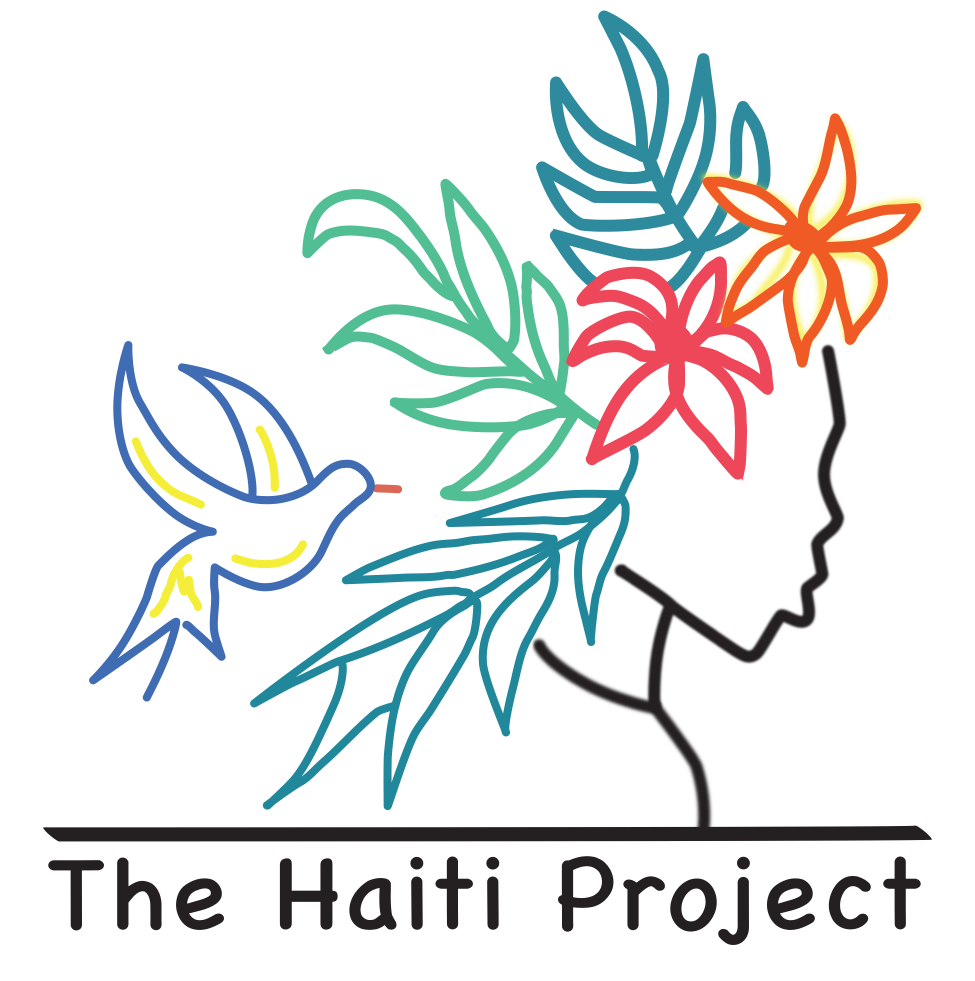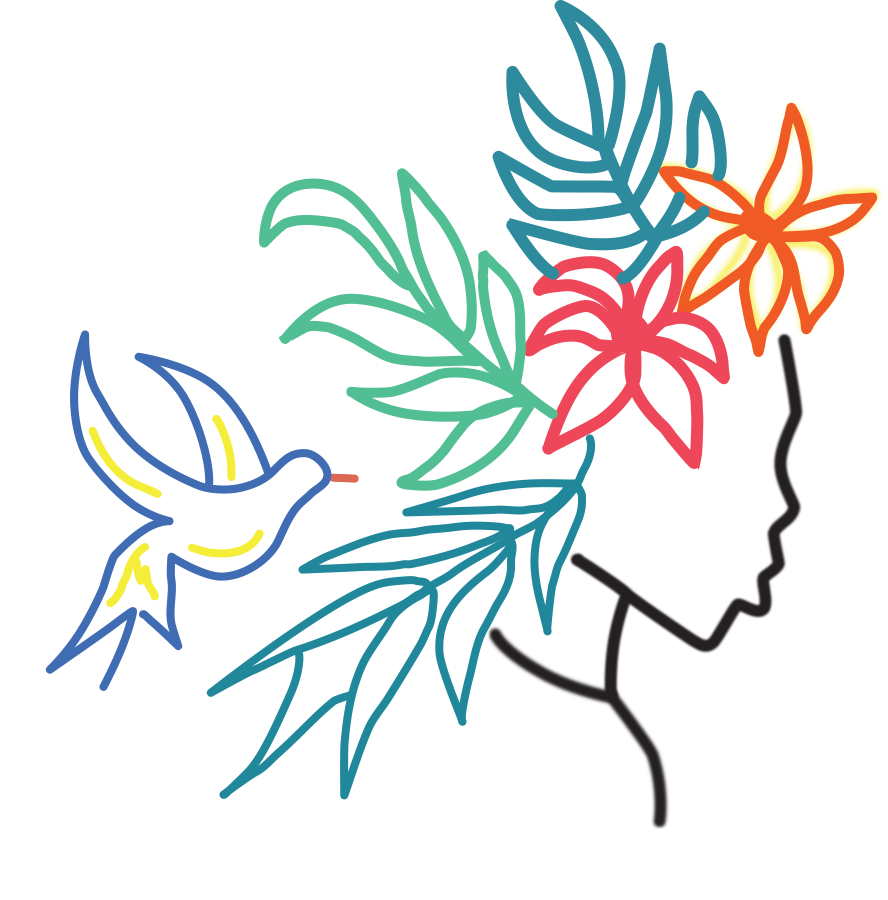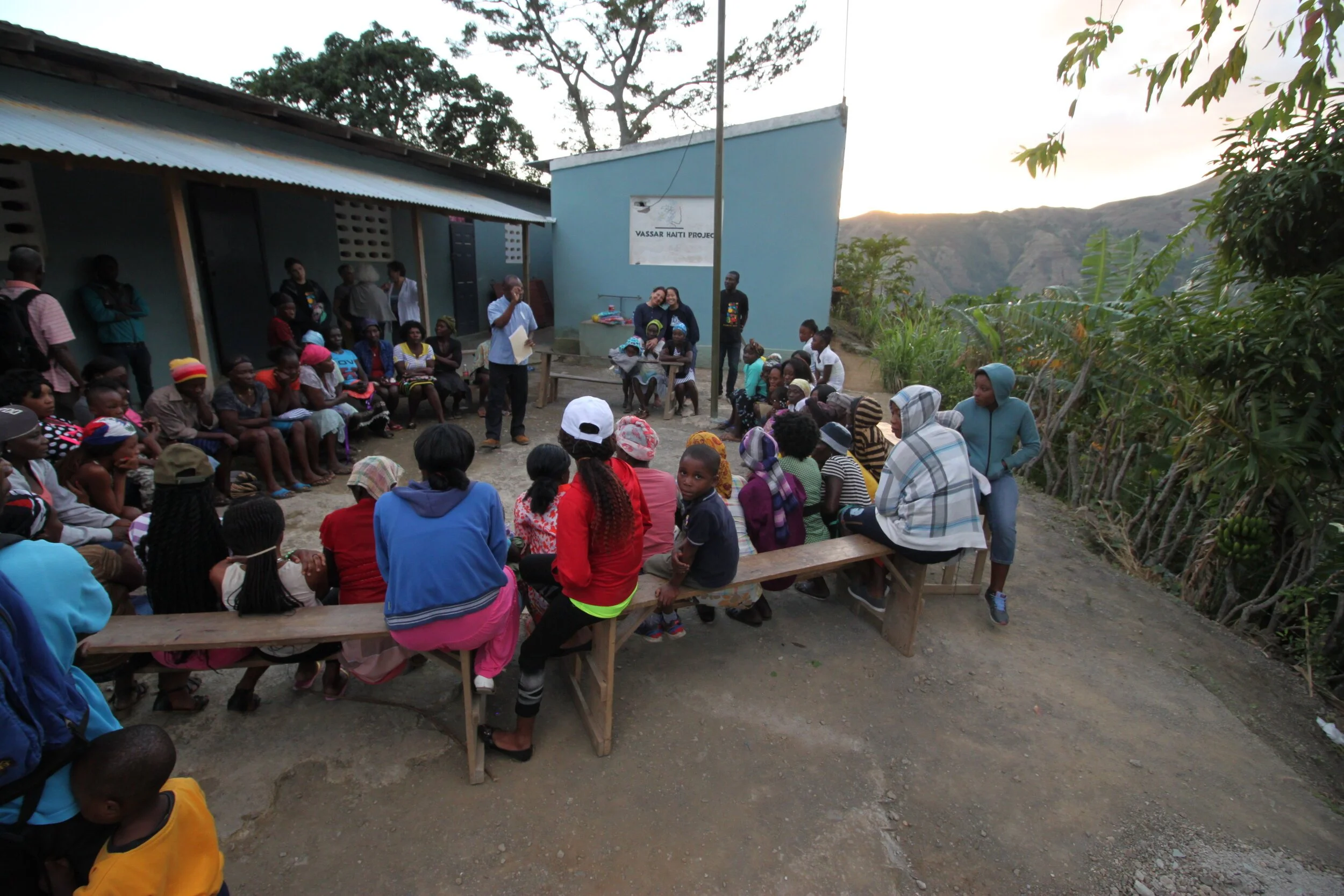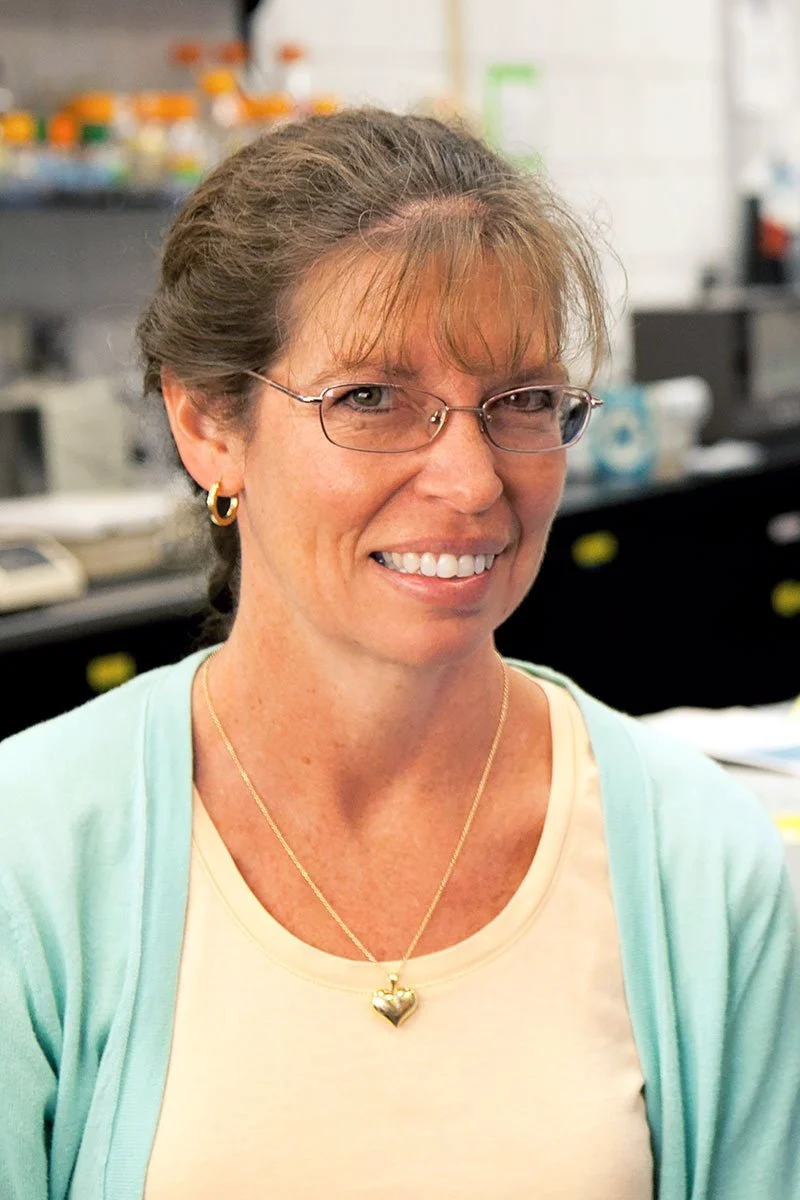In the Vassar College Curriculum
Politics, Economics, Environmental Degradation and Public Health in Haiti, an Intensive Experience
In 2019, a new category of classes, called “Intensives” were established at Vassar College. These courses, characterized by innovated learning opportunities and faculty-mentored experiences, were designed to incorporate a high degree of student agency and independence. At VHP, the formulation of these classes was greatly anticipated and generated much excitement because they presented a unique opportunity for students to further engage with faculty mentors around the work they do in VHP by bringing it into an academic setting. This past year, we were thrilled to launch the first such intensive proposed by students in the Vassar Haiti Project, entitled “Interactions among Public Health, Political Instability, and Environmental Degradation,” taught by Professors Kate Susman and Leroy Cooper. The class was, by all accounts, an enormous success, and in the following blog post, we are excited to share with you some of the incredible takeaways and experiences shared by participants in this fascinating course.
Kate Susman, Associate Dean of the Faculty, Professor of Biology
In 2019-2020, before the pandemic, students from the Vassar Haiti Project approached me. They wanted to form an “Intensive” to mesh their work in VHP into their academic lives.
My connection to VHP was through these student leaders, who had taken my Human Physiology course in the Spring of 2019. My connection to Haiti stems from living there as a young child for several years. It was because of these shared links that an intensive was born, in collaboration with my colleague, Prof. Leroy Cooper, a specialist in public health.
We were not experts on Haiti. Nor did I know much about politics or economics. But we cared about the environment, and about public health, and about Haiti. We set out to be learners and to build a learning, caring community with our students. We designed a rough curricular plan; found great readings, films, and websites; invited guest speakers; and set off into uncharted territory with our ten students.
Together, we began as a group of 12, including two students living far from campus, five students in their first year of college, and one in her last year. We comprised of leaders in VHP, two Veterans and several students still undecided about their academic focus. With all our diverse experiences and perspectives, we did have something in common: a curiosity about Haiti and an interest in public health. With the mixture of zoom class sessions and in-person/hybrid meetings that due to restrictions from the COVID-19 pandemic, it was difficult to believe we could form a close-knit learning community — yet that is what we did.
As we grappled with the history of both racism and pride, both the oppression of economic catastrophe related to violence, destruction of land, and health epidemics and the rich and beautiful culture of Voudou, we formed tight bonds of horror and hope. We learned from our guest speakers about ways that NGOs have helped and hindered Haiti; and through them developed projects and approaches that MIGHT JUST WORK. We shared our personal stories of how the pandemic we are all living through affects how we learn and grow and commit to others. We became experts and shared our knowledge.
I am forever tied to these friends- will always treasure the MAGIC we created: community, hope, devotion.
— Kate Susman, Associate Dean of the Faculty, Professor of Biology
Student Testimonials
As a student who has been interested in NGO work and has worked in VHP for three years, this intensive is one of the most useful and rewarding experiences I've had. We covered a seemingly very broad range of subjects, initiated projects, research, and discussions focusing on our interests. I realized that public environment, and politics are all related to each other, so it would not make sense to only consider one of them at a time. I have also gained more knowledge about Haiti's history, culture, and its past and current struggles. This class truly deepens my understanding of how to make changes as NGOs.
— Yiqing (Alice) Fan ’22, Incoming Student President
As a committee member of VHP and a Political Science and Earth Science & Society double major, I was extremely interested in learning more about Haiti, especially looking at the intersections between the environment and policy, as well as how public health is impacted.
Throughout the course, I gained of knowledge about the history of Haiti, as well as its current political, environmental, and public health statuses. As the course progressed, we developed our own final projects based on the readings and analysis discussed in class. I had no idea what the result would ultimately produce, but was able to come up with research questions which allowed me to create new ideas for sustainable methods to improve quality of life. With the help and support of my professors and classmates, my final project looked at the issue of deforestation as it relates to charcoal use in Haiti, and ultimately I advocated for cookstoves that utilize rice as fuel rather than charcoal.
Coming away from the course, I gained a lot more knowledge not only about Haiti and its history, but also about NGOs, poverty and public health as it relates to environmental degradation, and political instability as it relates to violence.
— Danielle Recco ’24, Incoming VP for Environment













